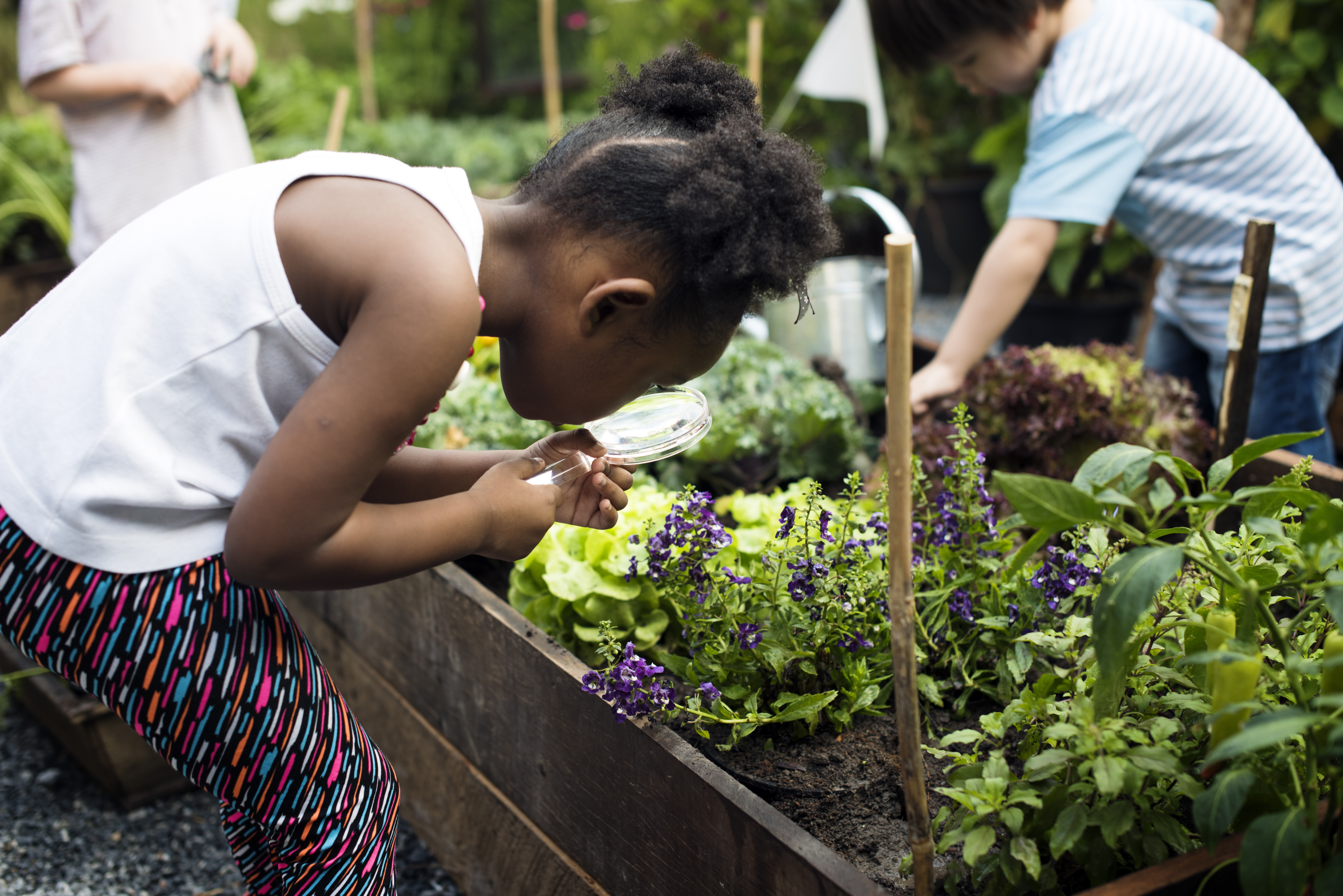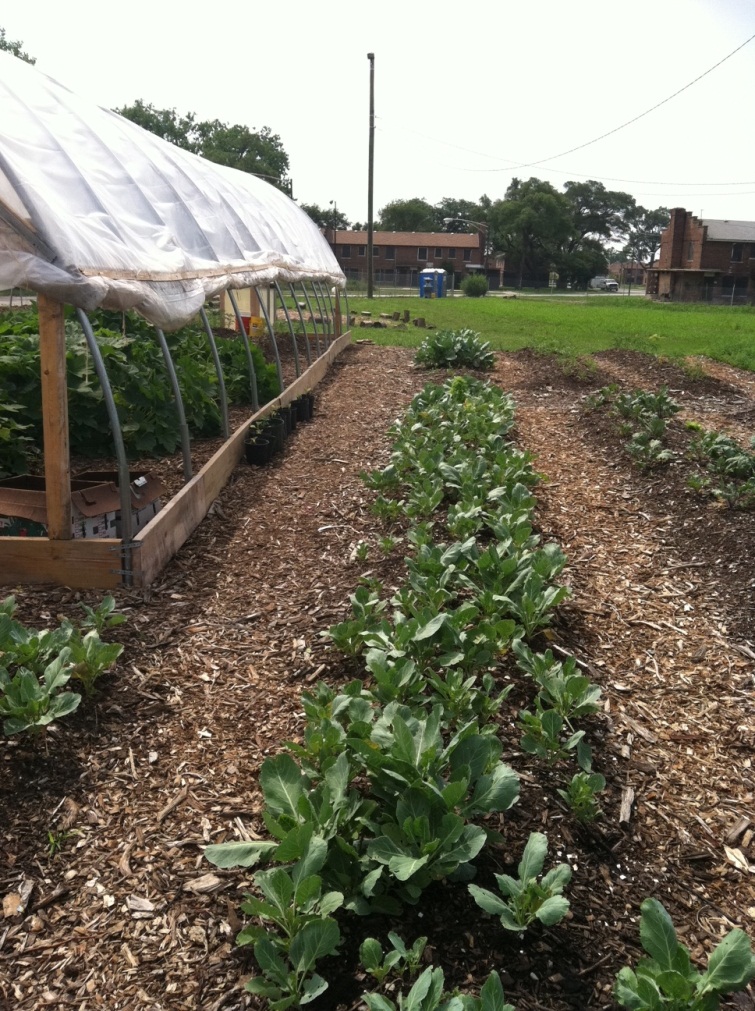
For middle-class families, summer means fun outdoor activities and a break from school schedules. But for many youth from poor, isolated, inner-city communities, it also means too much free time. Middle-class options such as camps, summer jobs, and sports are often either too expensive or not readily available in poor neighborhoods. The lack of high-quality, engaging summer programming means youth may not have a safe place to go while their parents are at work. Even those engaged in daytime activities may not be receiving the quality educational or recreational programming necessary to keep them healthy and to avoid the “summer slide.” Johns Hopkins’s National Summer Learning Association reports that, on average, youth from lower-income families lose two months of learning, or 22 percent of the school year, during their summer break—and those losses are cumulative, meaning that lower-income youth are also less likely to graduate from high school or attend college. Lower-income youth are also more likely to experience negative health outcomes, such as obesity, over summer break. On average, weight gain is three times faster during summer months.
Ensuring that youth are involved in positive summer activities is also important for the strength and safety of a community’s living environment. Teenagers without jobs or a place to go can create a challenge for the people and community around them.
Many public housing authorities, including the communities participating in the Urban Institute’s Housing Opportunities and Services Together Demonstration (HOST), struggle to serve their young residents during the summer, relying on limited resources to reach large numbers of kids.
HOST Portland site—Home Forward, New Columbia, and Humboldt Gardens developments
As part of HOST, Home Forward (formerly the Housing Authority of Portland) developed a package of creative strategies to support families and their children age 0–18 throughout the summer. These programs include family reading hours and Zumba classes, community gardening, summer internships, and volunteer experiences. Run to Live, a mentoring and exercise program for youth, seeks to show kids how daily choices can help support a healthy lifestyle and connects them with peers and a mentor for support and guidance.
Although Run to Live is popular among Home Forward youth, consistently engaging youth in outdoor exercise-driven, summer activity remains a challenge. The Home Forward staff are exploring the idea of providing stipends or rewards for youth who participate in Run to Live on a regular basis.
HOST Chicago site—Chicago Housing Authority, Altgeld Development
UCAN, in conjunction with Project Match, are the youth service providers for the HOST Demonstration’s Chicago site. Their programs are geared toward achievement, competition, motivation, empowerment, and goal setting. With youth under 18 representing more than 50 percent of residents, staff describe the sometimes daunting challenge of meeting the diverse needs of so many young people.
Among the more successful programs are those aimed at older youth and those that provide youth with a financial stipend. Learn and Earn is a CHA program available to HOST participants. The six-week program for 155 youth ages 13–15 that offers career exploration and weekly field trips, along with a weekly stipend. For the Growing Power program, youth ages 16–21 must compete for the 120 slots available to work in Altgeld’s community garden through a summer youth employment program. Participating youth receive a $700 stipend for six weeks of participation. Certain youth are able to work in the garden throughout the year. Another popular activity is the year-round (though space-limited) Martial Arts program that helps youth ages 5–17 focus their energy on goal setting and behavior management, a common struggle for tweens and teens.
The Chicago and Portland HOST sites have made tremendous progress in addressing the needs of their younger residents, though they both struggle to keep their kids engaged in positive, goal-oriented activities. Providing consistent, year-round programming and offering incentives and stipends seem to help maintain participation. The hope is that the activities and mentorship programs they provide will help improve youth outcomes (physical, behavioral, and educational) and promote healthier communities overall. The Urban Institute will be evaluating their progress over the next few years.
Tune in and subscribe today.
The Urban Institute podcast, Evidence in Action, inspires changemakers to lead with evidence and act with equity. Cohosted by Urban President Sarah Rosen Wartell and Executive Vice President Kimberlyn Leary, every episode features in-depth discussions with experts and leaders on topics ranging from how to advance equity, to designing innovative solutions that achieve community impact, to what it means to practice evidence-based leadership.

